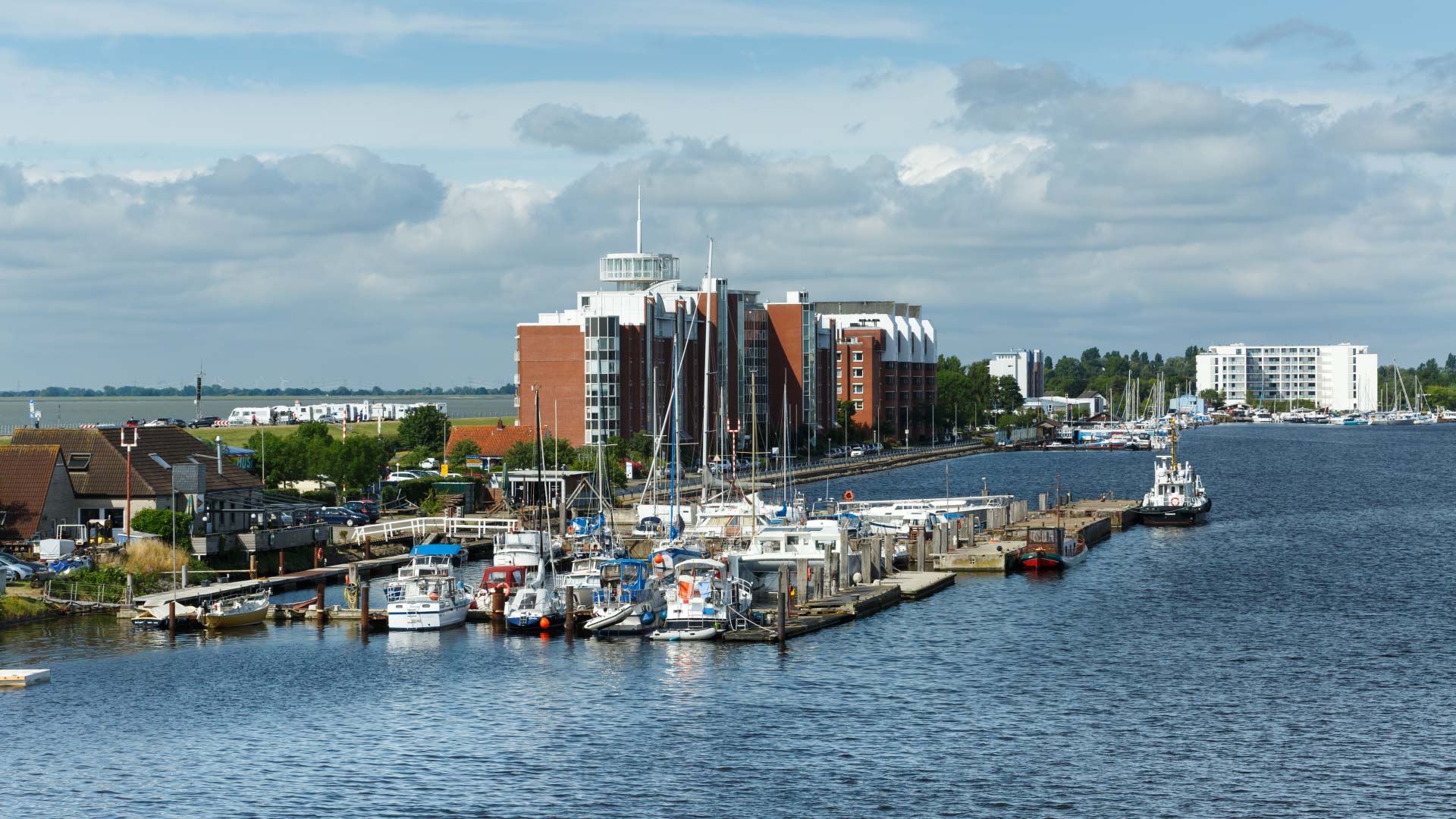FSRU Jetty Construction at Wilhelmshaven: A Key Milestone
Van Oord has successfully finished constructing the Floating Storage and Regasification Unit (FSRU) jetty at Wilhelmshaven in northern Germany. This critical project aims to enhance Germany’s gas supply infrastructure.
The jetty project was commissioned by Deutsche Energy Terminal (DET), with FSRU Wilhelmshaven, a joint venture between ENGIE and TES, leading the project management. The newly constructed 600-meter-long jetty will play a vital role in supporting Germany’s energy needs, particularly in securing liquefied natural gas (LNG) imports.
Innovative Use of Monopiles in Jetty Construction
Monopiles and Offshore Engineering
Van Oord’s collaboration with DET involved innovative engineering solutions. Monopiles, typically used in offshore wind turbine foundations, were repurposed as the foundational elements for the FSRU jetty. This sustainable approach provided a strong and durable base for the structure.
Key Specifications of the FSRU Jetty
The 600-meter-long jetty was constructed using 10 monopiles, ensuring stability and resilience in the marine environment. Van Oord also implemented scour protection measures to guard against erosion, further enhancing the jetty’s durability.
Comprehensive Construction and Dredging Operations
Procurement and Construction
Van Oord took charge of both the procurement and construction of the FSRU jetty. The installation of the monopiles was a critical step, followed by fitting the foundations with platforms, catwalks, and various operational fixtures.
Dredging Operations by Vox Apolonia
Once the primary construction was completed, Van Oord deployed the trailing suction hopper dredger, Vox Apolonia, to dredge the berth pocket and turning basin. These areas were deepened to meet the required specifications, ensuring safe and efficient docking of the FSRU.
Germany’s LNG Acceleration Act: Prioritizing Energy Security
A Priority Project Under the LNG Acceleration Act
The FSRU Wilhelmshaven project was one of the key initiatives supported by Germany’s LNG Acceleration Act, passed in May 2022. The legislation was designed to expedite projects critical to the nation’s energy security, ensuring a stable gas supply in response to growing demand.
Conclusion: Enhancing Germany’s LNG Infrastructure
The completion of the FSRU jetty at Wilhelmshaven marks a significant step in strengthening Germany’s LNG import capabilities. Van Oord’s innovative construction techniques, including the use of monopiles and advanced dredging operations, have delivered a robust infrastructure solution that will support the country’s energy needs for years to come.
